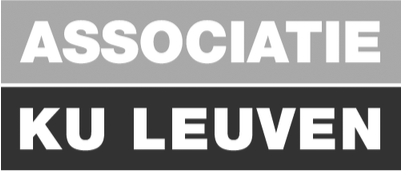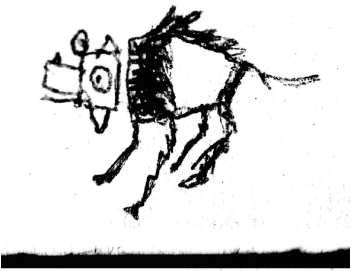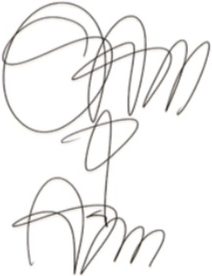Activism
For years, I’ve been wondering what’s the relationship of what I am doing in my poetry and profession to my life as a citizen. Inevitably, I, as millions of others, am involved in the political weather, and in the specific EU context. Just by being called a comms officer at a civil society organisation or a PhD researcher or a poet-performer you are a group possession to some extent with certain expectations being imposed on you.
It has always been difficult for me to answer the question if an artist is morally responsible for being involved in social activism.
Here again, J.Brodsky helps me to find the answers that resonate with who I am: “Poetry doesn’t move stones obviously, but sometimes it moves minds or hearts. The only obligation a poet, or somebody who became a poet in the eyes of the public, has to the public, is to write well. That’s all there is to it”.
“Also there’s the temperament of the writer: take somebody like Brecht, who read the world politically, inevitably stripped it down for its oppression quotient and its exploitation quotient. His fundamental emotional responses to both the daisy and the down-and-out were organised by the same sensibility. He just couldn’t help seeing the world in a certain way.
Yeah, but in general even the most apolitical poet, like for instance Rilke does a lot more to build your personal defences than the most outspoken Brecht poem. The point IS that it’s really the temperament, the timbre of the voice, the tremolo that you produce that matters. When somebody is dying in a prison cell or in a hospital, it’s unlikely that he’ll mumble some slogan. He’s more likely, if he’s to say anything, to repeat some type of nursery rhyme”.









